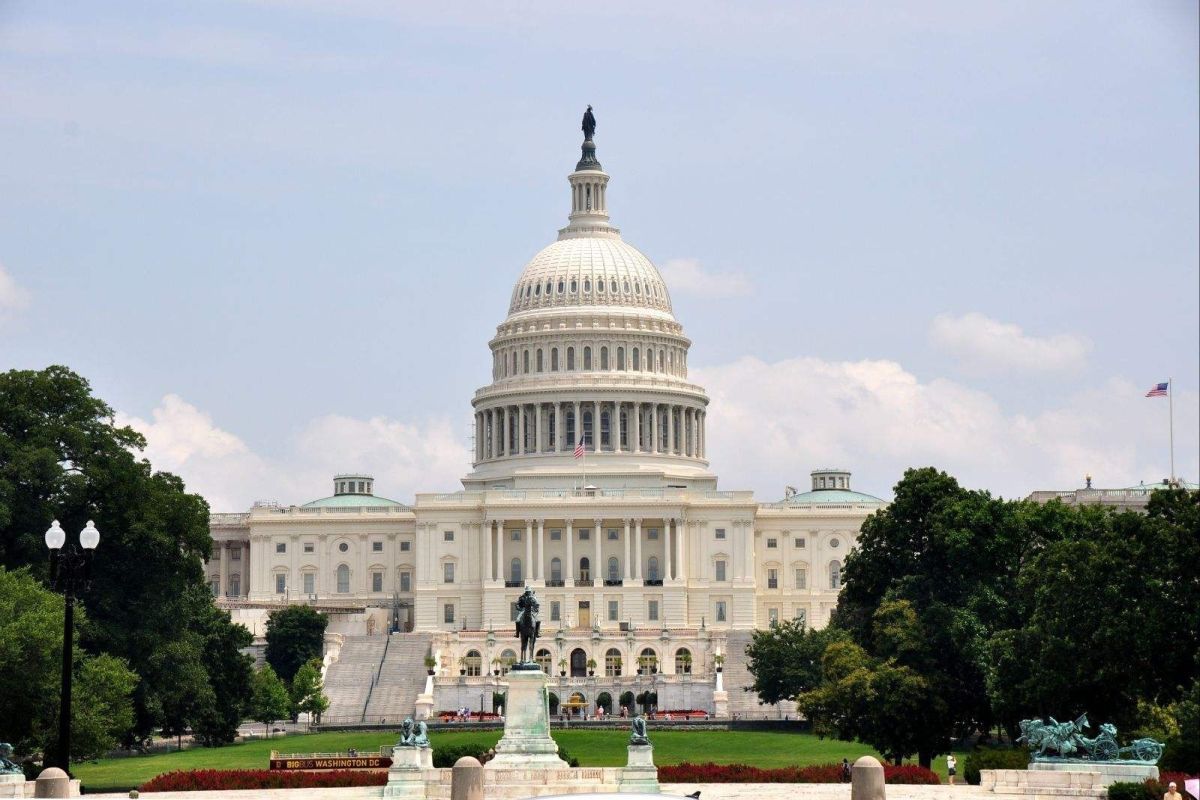The US House of Representatives in the early hours of Tuesday voiced his apparent disapproval of the most controversial Citizenship Amendment Bill (CAB) that proposes granting Indian citizenship for non-Muslim minorities from countries such as Pakistan and Bangladesh.
Taking to Twitter, the House Foreign Affairs Committee said, “Religious pluralism is central to the foundations of both India and the US and is one of our core shared values. Any religious test for citizenship undermines this most basic democratic tenet. #CABBill”.
Advertisement
As a standing committee of the US House of Representatives, the House Foreign Affairs Committee has jurisdiction over the bills and investigations pertaining to US foreign affairs.
The Citizenship Amendment Bill (CAB) which was passed in the Lok Sabha at 12.02 on Tuesday amid massive furore from the Opposition has attracted attention of the federal US commission on international religious freedom which has called the CAB a “dangerous turn in wrong direction” and sought American sanctions against Home Minister Amit Shah if the bill is passed by both houses of Parliament.
In a statement issued on Monday, the US Commission for International Religious Freedom or USCIRF said that it was deeply troubled over the passage of the bill in Lok Sabha. “If the CAB passes in both houses of Parliament, the US government should consider sanctions against the Home Minister Amit Shah and other principal leadership,” the commission suggested.
India from the days of the previous United Progressive Alliance or UPA regime has consistently said that it does not recognise a third country’s views or reports on its internal affairs. It is based on this ground that India for more than a decade now has denied visas to USCIRF to travel to India for their on the ground assessment of the religious freedom in India.
Recommendations of USCIRF are not enforceable. However, its recommendations are taken into consideration by the US Government, in particular, the State Department which is tasked with powers to take sanctionable actions against foreign entities and individuals for violation of religious freedom and human rights.











